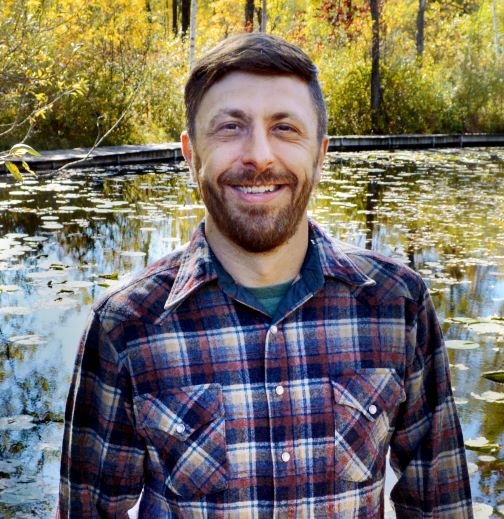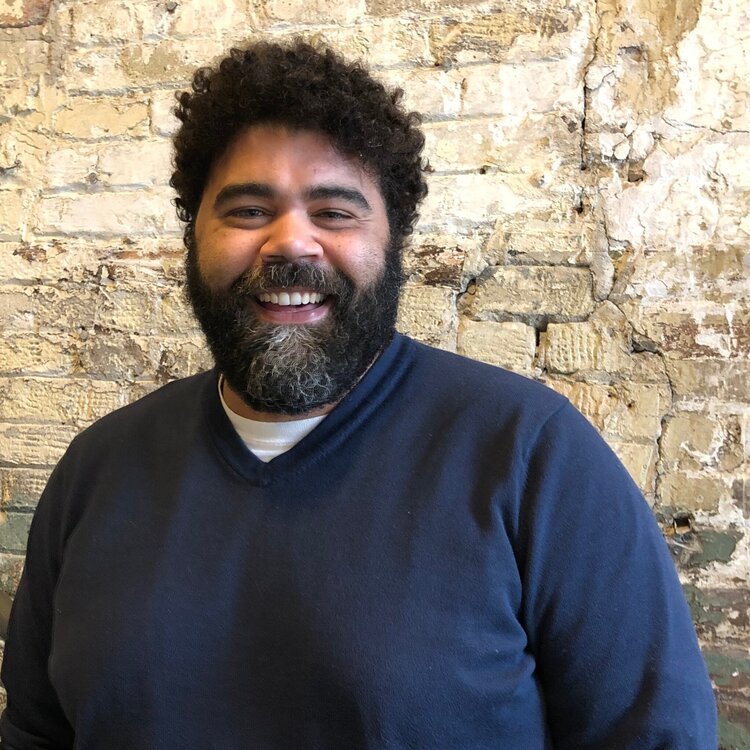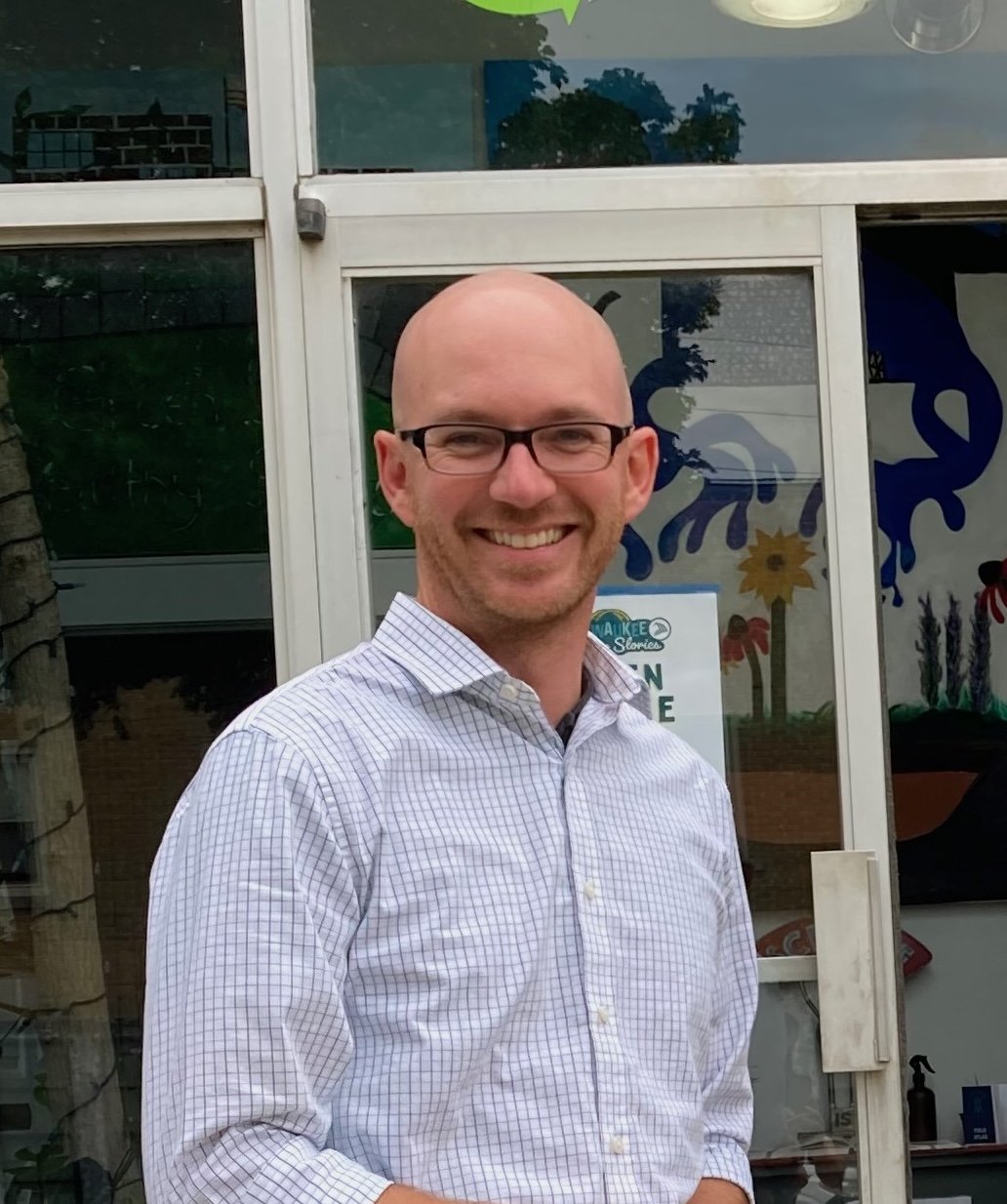About the Collaborative
We are a collaborative of summer environmental youth-serving organizations that collectively employ over 160 youth each summer at an estimated 22,700 hours of youth employment. Our programming spans Southeastern Wisconsin and throughout the City of Milwaukee. Each organization’s mission is unique and when brought together, represents a strong diversity of programming in arts, engineering, stewardship, community development, education, social equity, and more.
The collaboration intends to share resources, improve efficiencies, and promote lessons learned that will directly improve opportunities for our youth, environment, communities, and organizations.
Environmental Youth Collaborative Commitments:
Developing joint action on climate change and climate justice initiatives with larger impacts in our local communities.
Building and sharing power amongst nonprofits, foundations, and governmental agencies.
Modeling local, democratic decision-making and transparency in programming outcomes and finances.
Building a more sustainable approach to funding nonprofit/social impact work, one built on meaningful collaboration and partnerships.
Better understanding of the economic value of the environmental sector in the Milwaukee area and more effectively communicating its value to attract longer-term interest in future blue/green career pathways.
We’re really dedicated and interested in growing a healthy and sustainable ecosystem of organizations that have environmental opportunities for young adults and young people in our community.
John Rakowski - Riveredge Nature Center
Funding for nonprofits and social-impact work in Milwaukee is fragmented and highly competitive. Instead of cooperation, our community-based organizations are forced to compete with each other which unnecessarily saps our limited resources, compromises our relationships and reduces our ability to make meaningful, long-lasting change on the ground for our youth and our region’s social-environmental goals. We can and should do better.
Justin Hegarty - Reflo
What we’re doing is part of a system. We really need to have a better understanding– a more vivid understanding– of the systems we’re a part of and that we’re a part of creating.
Damien DeBuhr - Groundwork Milwaukee
Why We Think This is Important.
Through collaborative efforts, getting to work with other organizations and seeing other teenagers who were interested in that same type of work, again it just really broadened my scope, and made me realize, okay, there’s a bigger chunk of us–we can make this happen.
Olivia Raasch - Urban Ecology Center
It’s really about funding the gaps and the spaces in between all of us.
Dominic Inouye - Teens Grow Greens
I am currently a senior at UWM. My major is conservation and environmental science. When I step into these classrooms, the students don’t look like me– It would’ve been nicer to hear about what positions I could have or that there was space for my interests…we’re not having that being fostered in high school.
Makayla Cooper - Nearby Nature








